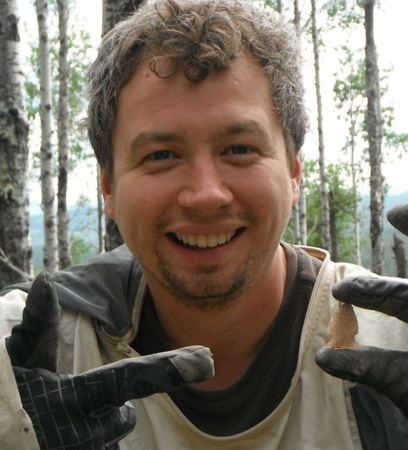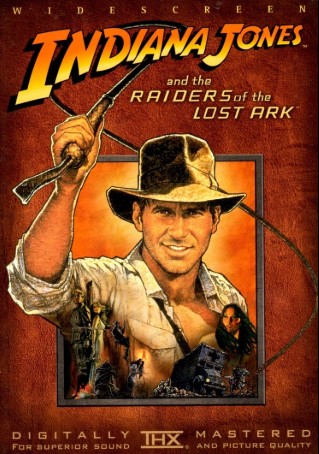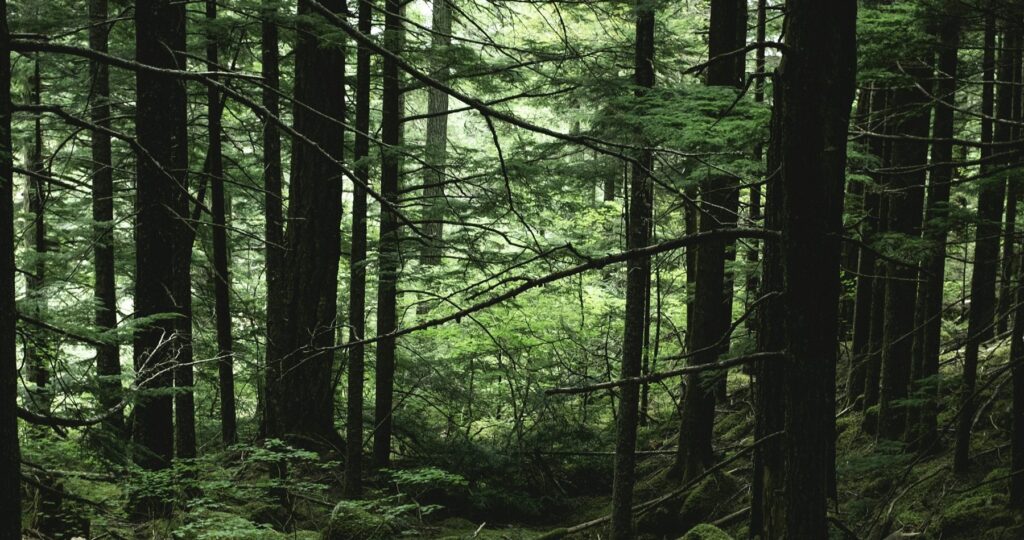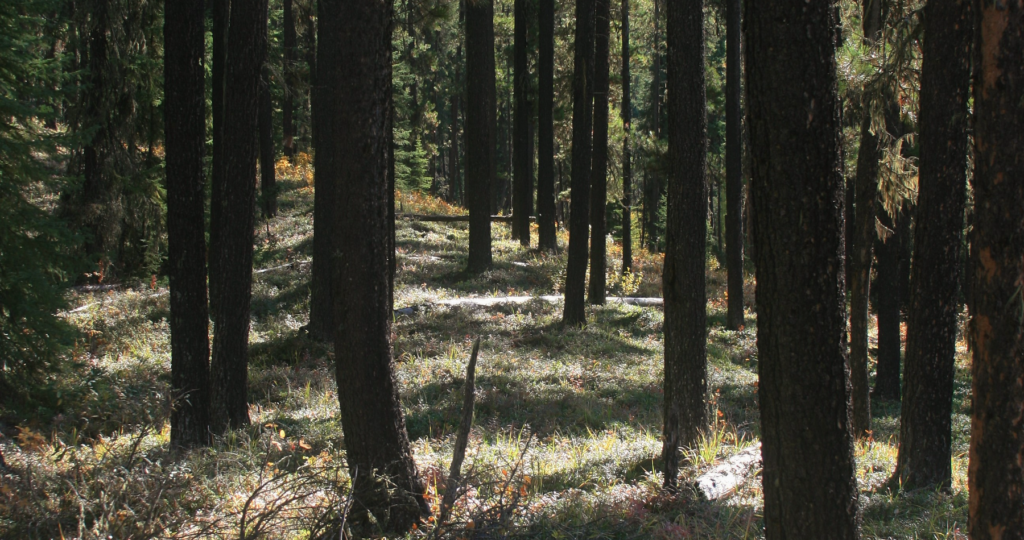Post Category : Archaeonerdism Archaeotourism Heritage Management Local Archaeology
International Archaeology Day
What is it?
International Archaeology Day is a celebration of Archaeology and it’s contributions to society! International Archaeology Day annually falls on the third Saturday of October (October 21st), and was first celebrated in 2011. The day was originally designed on a national level to help promote public participation and awareness of the important contributions of Professional Archaeologists. The day soon gained traction internationally, with each region offering a tailored list of events and experiences.
Archaeology in alberta
Yes, you read that correctly! Did you know that Alberta has surpassed 40,000 recorded archaeological sites and over 13,000 years of history? If those statistics wowed you, then you’ll be equally amazed to learn that Edmonton is home to dozens of [known] sites! That’s right, the Edmonton River Valley has a rich and diverse cultural history spanning thousands of years. The work conducted by Archaeologists is significant because it allows us to reconstruct the past through the study of material remains and allows us to recover a rich history that might otherwise be lost indefinitely. The generation of knowledge about the past allows us to infer about the future. Equally significant to the accumulation of knowledge is the protection of heritage for future generations to come.
” An archaeological site, or resource, is defined as “a work of humans that is of value for its prehistoric, historic, cultural or scientific significance.” These sites are protected under the Historical Resources Act. Archaeologists working in the province discover or revisit sites through research studies or during the course of Historic Resource Impact Assessment. Each year, hundreds of new sites and thousands of artifacts are found by professional archaeologists, and sometimes even by members of the public. “
– The Government of Alberta
How can you participate?
The availability of experiences may differ depending on where you’re located. For instance, due to Alberta’s chilly climate this time of year, a local in-person public excavation may not be currently offered in lieu of the days celebrations. However, the beauty of International Archaeology Day occurring in October is the advance notice for next summer’s schedule! If an interactive program piques your interest, be sure to check out the following Alberta sites:
- Bodo Archaeological Site & Centre, Provost AB.
- Blackfoot Crossing Historical Park, Calgary AB.
- The Canadian Archaeological Association, Edmonton AB.
- Head-Smashed-In Buffalo Jump UNESCO World Heritage Site, Fort MacLeod AB.
- Writing on Stone Provincial Park, Lethbridge AB.
- Majorville Cairn and Medicine Wheel, Bassano AB.
- Brazeau Reservoir, Brazeau County AB.
- And more! Museums, Universities, and Archaeological societies regularly offer interactive Archaeological programs for members of the public to attend.
But wait, it’s not just digging…
Although mitigations or excavations are an invaluable source of data for Professional Archaeologists and members of the community, Archaeology has grown to become a nuanced, inclusive and multidisciplinary profession. Professional Archaeologists have Anthropological backgrounds, which draws and builds upon knowledge from the social and biological sciences as well as the humanities and physical sciences. As such, great care and consideration is taken for the rich histories of the cultural landscapes in which we operate.
If you’d like to delve deeper into additionally important and related aspects, be sure to check out the following resources:
- The Royal Alberta Museum
- Archaeological Society of Alberta, Edmonton Centre
- Strathcona Archaeological Society
- The Government of Alberta
- Online publications archives
- Grant MacEwan University
- University of Alberta
- Edmonton Geological Society
- Indigenous Knowledge and Wisdom Centre
- The Telus World of Science
- Fort Edmonton Park

Corey Cookson
Sr. Project Archaeologist



